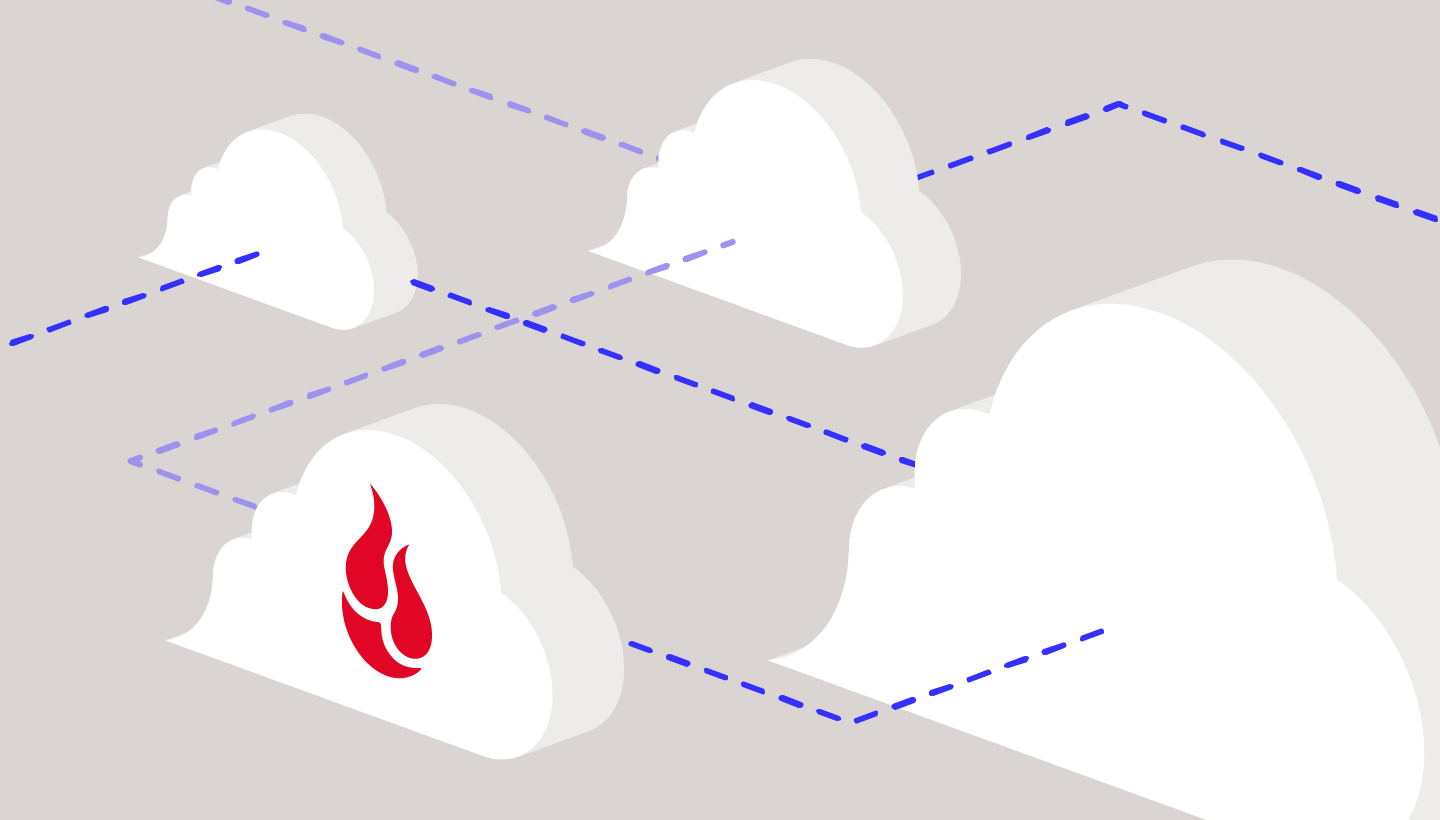
Recently, Backblaze released our 2015 hard drive failure rate statistics. After each blog post, and especially popular ones, I spend a large amount of time reading through the comments, answering what I can, and gathering a series of frequently asked questions to help us frame future blog posts better. In order to answer some of these, I spoke with Brian Beach (author of our drive stats posts), Tim Nufire (author of many Storage Pod posts), and Ariel (the man behind our purchasing department). What follows is a list of some frequently asked questions that I hope to update if the data changes, or if we decide to go a bit more in-depth:
- Q: Do you have any data on solid state (SSD) drives?
A: At this time we do not have any data about SSD drives. We put a high premium on a good price to density ratio, and currently SSDs are just too expensive at the density that we need. We hope that changes soon and when it does, we’d love to test them! - Q: Are you testing any 8TB drives?
A: We’re currently well underway with testing of 6TB hard drives, but as of yet don’t have enough 8TB drives for a good test in our environment. We do have some, but we hope to get more soon! - Q: What do you use to test your hard drives?
A: We use SMART stats to make sure that all of our drives are operating correctly, and you can read more about that on our “Hard Drive SMART Stats” blog post. - Q: Why did you start using HGST instead of Hitachi? Aren’t they all Western Digital?
A: Western Digital bought Hitachi in 2012. At that time, Hitachi hard drives rebranded to HGST and is currently run as a separate subsidiary of Western Digital. - Q: Do you have any stats about the distribution of failure other than mean time to failure (MTTF)?
A: MTTF is just another way of expressing the annual failure rate (some people call it MTBF). For us, we find the annual failure rate easier to deal with for planning and cost estimation. If the failure rate is 2%, that means we need to plan on replacing 2% of the drives each year. - Q: Are power requirements considered when calculating which drives to buy?
A: Yes, we prefer to buy low-powered drives as they tend to help us keep our data center costs lower. That said, higher powered drives are not excluded if they perform well in our environment. - Q: Why don’t you use enterprise or NAS drives?
A: We’ve done a bit of analysis and in our environment there really is not much of a difference between enterprise and consumer hard drives. You can read our findings on our “Enterprise Drives: Fact or Fiction” blog post, but the TL;DR version is that their higher cost does not make up for their performance. - Q: What do you do with failed drives?
A: When a hard drive fails, we securely wipe the drive and then recycle it. - Q: What affects hard drive purchasing? Only price? Fail percentage? What’s the ratio?
A: When purchasing hard drives, the most important thing for us to consider is a density to price ratio, but really close to that ratio is the performance of that drive in our ecosystem, depending on which, the density to price ratio can be superseded. If a hard drive is inexpensive and has a lot of density for the price, but fails often, then it is not a viable hard drive for us to purchase in bulk. We often buy small batches of hard drives to test in our Pods, and if they work then we will buy them in bulk. - Q: Do you buy internal or external drives?
A: We buy internal hard drives for our Storage Pods and external hard drives for restores. There was a brief period when we bought external hard drives for our Storage Pods as they were much less expensive than their internal counterparts, and performed equally well. We have not done this since April of 2013, and are happy to say that the majority of those drives that were “shucked” are still spinning in our data center! - Q: You use a variety of Storage Pods, doesn’t vibration matter?
A: While we do use different Storage Pods, the hard drives that we use are spread out throughout most of them. Typically our hard drives don’t experience a high level of vibration, but it is more than one might typically find inside a single hard drive enclosure such as an external hard drive. Of course, some external hard drives are carried around in backpacks, dropped on floors, and such. - Q: Your drives are running 24/7/365—is that detrimental to their longevity?
A: In our data center, Storage Pods are “up” unless they need to be taken down for maintenance or there is a power outage. This happens infrequently as noted in our SMART Stats post when we talked about “power cycles.” This begs the age-old question: is it better for your hard drive to turn off your computer when you’re not using it or keep it running? Our vote is to keep them running. - Q: Why do you use consumer drives?
A: The redundancy built into our data storage model with RAID 6, along with our own data integrity checking, and our SMART stats monitoring, ensures that the data we store will be safe and available regardless of the drive models used. This allows us to purchase drives that have a lifecycle cost that is the least expensive when considering the initial cost, warranty, failure rate, product availability, etc. In short, enterprise and consumer drives both deliver the same reliability in our environment, so we choose the drives that have the lowest lifecycle cost. - Q: Do your hard drive stats really matter for a consumer trying to make a purchase?
A: That depends. If you view our data center as a “worst case” scenario for hard drives, then yes, you can surmise that any hard drive that a consumer would buy, would perform at a slightly better rate than our hard drives. You could also conclude that the drives that “survive” in our data center are really good.
If you don’t view it as a stress-test, then no, the data is merely an interesting results summary from a company with a lot of spinning hard drives. - Q: What about temperature?
A: Our hard drives are relatively cool, and don’t tend to overheat. We’ve looked at this in-depth and you can read about our findings on our “Hard Drive Temperature: Does It Matter?” blog post! - Q: Why do you hate Seagate?
A: We love Seagate! This is a common misconception about our hard drive stats posts. Both of our hard drive stat posts indicated a slightly elevated failure rate from their compatriots, however, the price of the Seagate drives cannot be beat, and they work great in our environment. This goes back to the price to density to failure-rate ratio that Backblaze likes to use, and in it, Seagate often comes out on top!
We hope to update these if things change, or if there is additional wisdom that we can impart. Hopefully, this helps answer some of the common questions I’ve been seeing while reading the comments surrounding our blogs!




